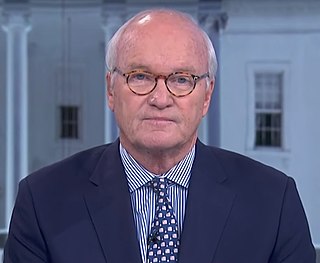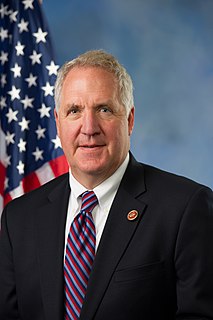A Quote by Douglas Feith
We have a substantial number of countries that have pledged and provided all kinds of support for the United States in the event that war becomes necessary in Iraq.
Related Quotes
Currently, the United States has troops in dozens of countries and is actively fighting in Iraq, Syria, Libya, and Yemen (with the occasional drone strike in Pakistan). In addition, the United States is pledged to defend 28 countries in NATO. It is unwise to expand the monetary and military obligations of the United States given the burden of our $20 trillion debt.
It was not the United States who invaded Kuwait; it was Iraq. It was not the United States that went to war with Iran; it was Iraq. It was not the United States that fired chemical weapons at Iran; it was Iraq. And it was not the United States that murdered innocent Iraqi citizens with chemical weapons; it was Iraq.
I think, while it is true that the Hillary Clinton and I voted differently on the war in Iraq, what is important is that we learn the lesson of the war in Iraq. And that lesson is intrinsic to my foreign policy if elected president, is the United States cannot do it alone. We cannot be the policeman of the world. We are now spending more I believe than the next eight countries on defense. We have got to work in strong coalition with the major powers of the world and with those Muslim countries that are prepared to stand up and take on terrorism.
If the relatively rich participating countries want to stabilize atmospheric concentrations of greenhouse gases, they will have to pay at least some poor countries to reduce their emissions. Achievement of substantial reduction in this way implies international transfers of wealth on a scale well beyond anything in recorded history. There is no effective political support for such a Herculean effort, particularly in the United States.




































